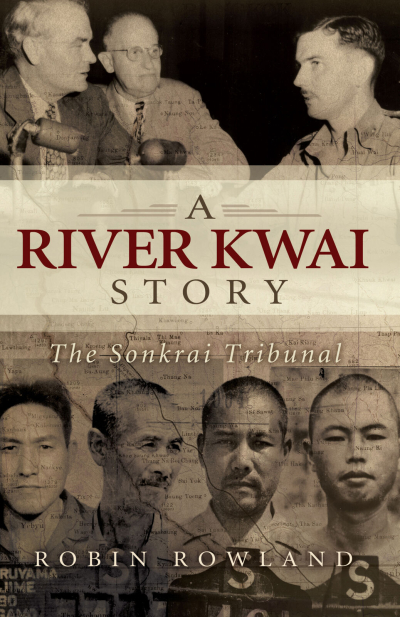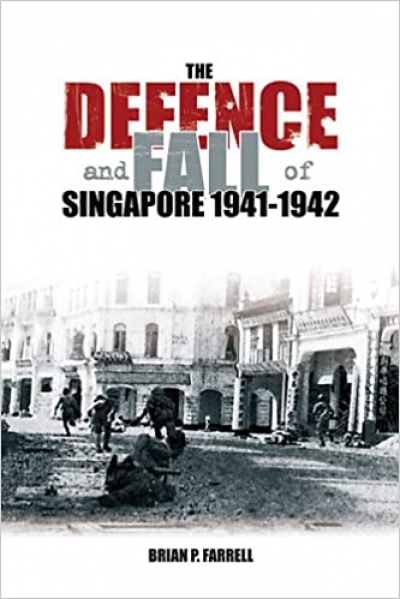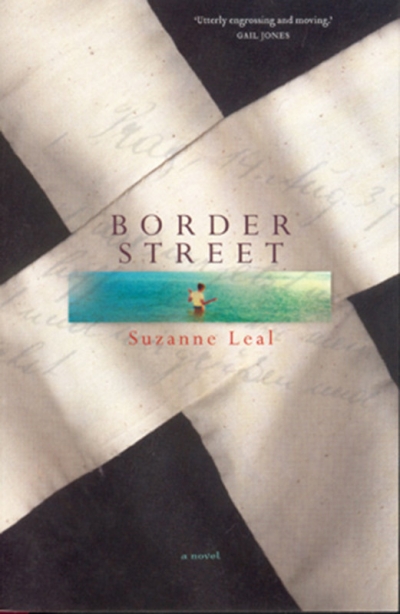World War II
Arthur Blackburn, VC: An Australian hero, his men and their two world wars by Andrew Faulkner
by Robin Prior •
A River Kwai Story by Robin Rowland & The Men of the Line by Pattie Wright
by John Connor •
The USS Flier: Death and survival on a world war II submarine by Michael Sturma
by Tom Frame •
Alien Roots: A German Jewish girlhood: from belonging to exile by Anne Jacobs
by Carol Middleton •
‘Welcome to the Netherlands!’ the sign says in Dutch and English. The Schipol customs official inspects my Australian passport. ‘Nederlands geboren,’ he sniffs. ‘Zo je komt terug.’ So you’ve come back, he adds, in a tone suggesting that I might have left something behind minutes ago, rather ...
The Defence and Fall of Singapore 1940–1942 by Brian P. F & Singapore Burning by Colin Smith
by John Coates •
Mussolini’s Italy: Life under the dictatorship 1915–1945 by Richard Bosworth
by Judith Keene •









